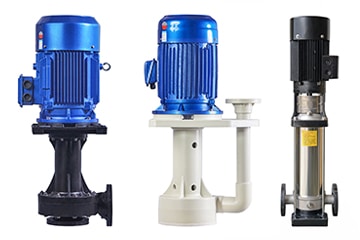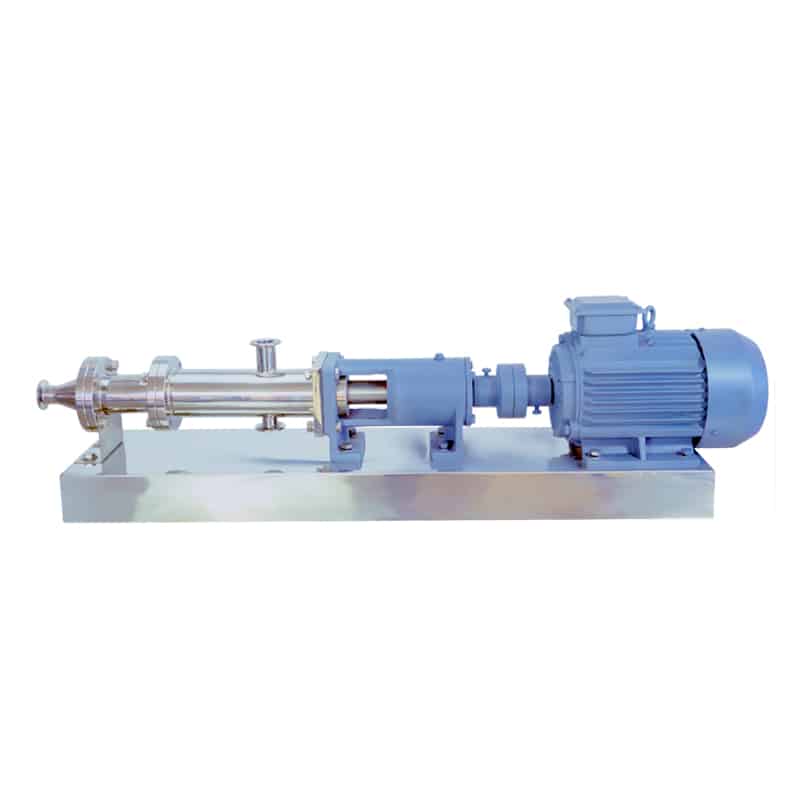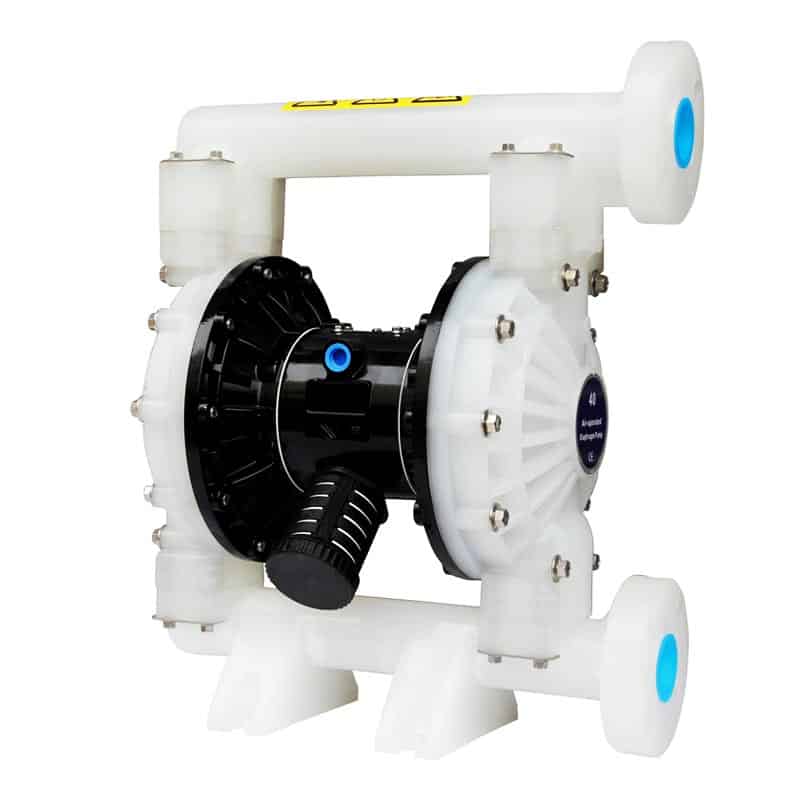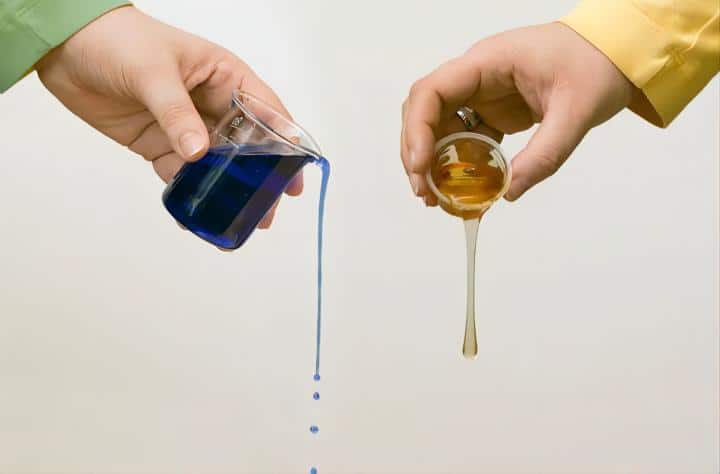Non Viscous Fluid For Pump
Definition of Non-Viscous Fluid
What’s a non-viscous fluid?
A non-viscous fluid has a very low viscosity or stickiness to its flow. Viscosity is the resistance exhibited by a liquid or gas to flow, which affects the fluid’s movement characteristics. In general, a non-viscous fluid is a fluid that flows with little or no viscosity under certain conditions and does not flow with much internal friction, so that the molecules of the fluid do not obstruct each other too much or stick to each other under externally applied shear forces.

Characteristics Of Non-Viscous Fluids
- Non-viscous: Non-viscous fluids are assumed to have no internal viscous resistance, so no viscous loss occurs in motion. This makes the flow of non-viscous fluids more simplified.
- Non-stagnant flow: There is no relative sliding between fluid elements in a non-viscous fluid. This means that no internal friction occurs in the flow and there is no deformation of the flow lines.
- No turbulence: Non-viscous fluid models usually assume that turbulence does not occur in the fluid. Turbulence is a chaotic and complex form of flow in fluid motion, whereas in non-viscous fluids this complexity is eliminated.
- Fluid elements maintain shape: In non-viscous fluid flow, the shape of the fluid elements does not change during motion, and the fluid elements can maintain their original shape even in complex flow fields.
In reality, there is no such thing as a completely non-viscous fluid, as all fluids will have some viscosity. The concept of non-viscous fluid is mainly an idealized model used to simplify the analysis of fluid dynamics. In practice, the viscous properties of fluids are generally considered, especially at high speeds, high pressures, and other conditions.
Difference Between Viscous And Non-Viscous Fluids
Viscous and non-viscous fluids are two basic concepts in fluid mechanics, and the main difference between them is the viscous properties of the fluid.
| Characteristics | Viscous Fluid | Non-Viscous Fluid |
| Viscosity | Relatively high viscosity | Very low viscosity |
| Flow behavior | Undergoes deformation and internal friction in shear | No internal friction under external shear forces |
| Viscosity loss | Loss of energy in the flow | Low energy loss |
| Flow properties | May generate turbulence or laminar flow | Generally less turbulent and more laminar in nature |
| Flow Laws | Follows the laws of viscous fluid dynamics | May not fully conform to viscous fluid laws under certain conditions |
| Deformation recovery | Typically do not recover completely after deformation | May be able to recover completely after deformation |
| Areas of application | Industrial, biological | Used under special conditions for scientific research or specific industrial applications |
Pumping For Non-Viscous Fluids
Centrifugal pumps: Centrifugal pumps are suitable for transferring clear water, cisterns, wells, and other uses. They have a simple structure and efficient transfer capacity and are suitable for handling non-viscous, low-viscosity fluids. Vertical chemical pump designed for specific chemical fluids are suitable for conveying a variety of chemical media and are generally suitable for non-viscous chemical fluids.

Axial flow pumps: A kind of process pumps, mainly used for conveying large quantities of liquids, suitable for lower viscosity liquids, such as clear water and sewage. Axial flow pumps are common in agricultural irrigation and drainage systems.
Screw pumps: Although more suited to handling viscous liquids, they are more tolerant of solid particles and air bubbles. Progressive cavity pumps are typically used for high viscosity liquids, but can be used for lower viscosity liquids in some cases. They have relatively simple construction and operation and can accommodate fluids of varying viscosity.

Diaphragm pumps: Diaphragm pumps are designed to efficiently transfer low to medium viscosity fluids, utilizing the movement of the diaphragm to suction and discharge the fluid.The elasticity and movement of the diaphragm allows it to efficiently transfer non-viscous fluids to meet the needs of different industries.The AOBL KES25 1-inch Plastic Diaphragm Pump reliably transfers a wide range of fluids, viscous media, corrosive fluids and solids.

Plunger and piston pumps: A type of positive displacement pumps, mainly used for high pressure, low flow applications in hydraulics, industrial and chemical processes, etc, such as liquids and solids.
Can the pump agitate non-viscous fluids?
Pumps themselves are not specifically designed to agitate fluids; their primary function is to convey fluids. However, certain types of pumps produce a certain agitation effect as the fluid passes through them, especially in centrifugal pumps and certain screw pumps, where a certain degree of agitation of the fluid may occur as a result of the rotational movement of the vanes or screws.
When an impeller blade (or any other blade) rotates, it pushes the liquid. Even though the viscosity of the liquid is zero, it does not flow immediately because it has mass and therefore needs a force to accelerate it. The impeller blades will create streams of moving liquid, and the inertia of the liquid in these streams will mean that the streams continue to move away from the impeller blades, i.e. into most of the liquid. So it can mix non-viscous fluids.
Summary
Non-viscous fluids have low viscosity and internal friction, making them more fluid and suitable for many conveying, process and fluid handling applications.
AOBL is an expert in pump technology for the water treatment field, and we offer a wide range of pumps, including AODD diaphragm pumps, sanitary diaphragm pumps, filter press feed pumps, and pump accessories. We also have a senior technical team, ready to answer your questions and provide professional services, you are welcome to contact us at any time.

